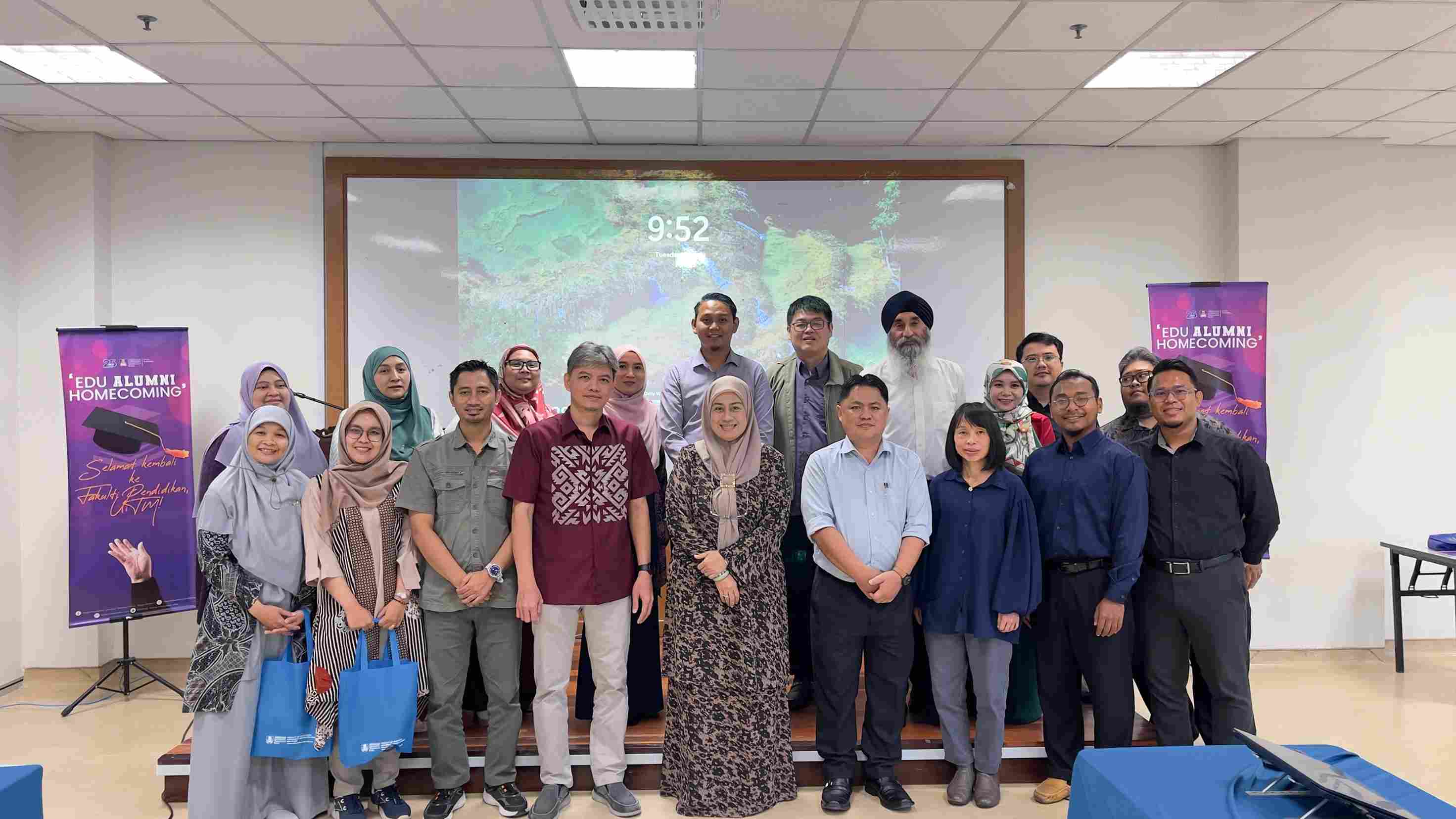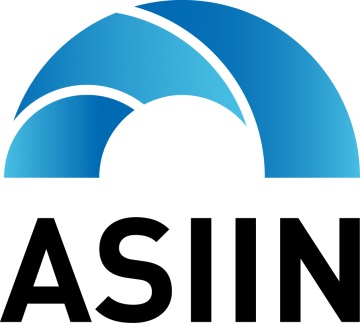 Bahasa Indonesia
Bahasa Indonesia English
English
You are here
Digging into the Roots of STEM Readiness: International Collaboration between UNY, UPSI, UiTM, and Kasetsart University in Realizing Educational Transformation in Southeast Asia
Primary tabs

To strengthen international research collaboration and encourage the implementation of STEM (Science, Technology, Engineering, and Mathematics) education in Southeast Asia, a research team from Yogyakarta State University (UNY), consisting of Dr. Ali Mahmudi (Department of Mathematics Education), Dr. Sabar Nurohman (Department of Science Education), Dr. Nur Aeni Ariyanti (Department of Biology Education), and Rizki Arumning Tyas, M.Pd. (Department of Science Education), conducted a series of Focus Group Discussions (FGDs) and explored academic collaborations at three leading institutions in Malaysia and Thailand: Sultan Idris University of Education (UPSI), Universiti Teknologi MARA (UiTM), and Kasetsart University. This activity was part of a collaborative research initiative with two main topics: "A Comparative Study of Readiness for Implementing STEM Learning Among Prospective Teachers in Indonesia, Malaysia, and Thailand" and "Regulation and Implementation of STEM Learning: A Comparative Study of Indonesia and Malaysia."
UPSI: Exploring Malaysia's National STEM Education Regulations and Strategy
The first discussion took place at Sultan Idris University of Education (UPSI) on July 21, 2025, and was officially welcomed by Associate Professor Dr. Som Cit A/P Si Nang (Deputy Dean for Academic and International Affairs). UPSI, as one of the premier Teacher Training Institutions (LPTK) in Malaysia, highlighted the existence of robust regulations supporting STEM implementation at both the school and university levels. Malaysia already has a STEM Education Blueprint 2013–2025, reinforced by various initiatives such as the National STEM Action Plan (NSA), the Penang STEM Center, and industry support through Petronas and the NGO Teach for Malaysia. STEM implementation has penetrated secondary school curricula, such as the KSSM (School of Applied Sciences), where STEM is divided into STEM A (Physics, Chemistry, and Biology) and STEM B (Applied Sciences). Furthermore, the development of open-access modules and project-based learning are crucial components of implementation. The government also places significant emphasis on teacher readiness by providing zoning-based training of trainers and developing Integrated STEM programs that collaboratively involve various disciplines. One key note from UPSI is the importance of a transdisciplinary approach and direct industry involvement in enriching STEM learning.
UiTM: Innovation and Best Practices in a Collaborative-Based STEM Curriculum
The second visit was to the Faculty of Education, Universiti Teknologi MARA (UiTM) on July 22, 2025. The UNY team was received by the Dean of the Faculty of Education, Assoc. Prof. Dr. Shireena Basree Abdul Rahman, and lecturers from the Science and Mathematics study programs. The discussion focused on teaching and learning management, teaching practices, and the readiness of the STEM curriculum in higher education. UiTM has developed two main approaches to STEM implementation: integrated STEM and gamification. In the "Integrated STEM Education" course, students engage in collaborative projects with Make A Lab (a technology innovation center) and the Department of Mechanical Engineering, utilizing platforms such as TinkerCad, Arduino, and Minecraft. The use of cutting-edge technology and a real-life project-based approach (such as green city and aquaculture projects) are significant differentiators in preparing innovative prospective teachers. Furthermore, UiTM also addresses social challenges related to declining student interest in science and the need to integrate AI into STEM learning. Recent initiatives such as the use of ChatGPT, Canva, and other digital media are part of the integrative solutions offered in the learning of prospective teachers.
Kasetsart University: STEM for SDGs and Activity-Based Learning in Thailand
The final discussion took place at the Faculty of Education, Kasetsart University, Thailand, on July 24, 2025. The UNY team was welcomed by Asst. Prof. Udomluk Koolsriroj, Ed.D. (Dean) and Asst. Prof. Wandee Kasemsukpipat, Ph.D. (Vice Dean). The main focus of the discussion was the dynamics of STEM implementation in Thailand, particularly its relationship to the Sustainable Development Goals (SDGs). Thailand emphasized the importance of project-based activities in STEM, such as coding, robotics, and environmental STEM. Despite the lack of rigid national regulations, the Thai government fully supports various teacher training programs and STEM camps. STEM has become part of the learning culture, although challenges remain in integrating the pedagogy—particularly in shifting teachers' approaches from content-based teaching to STEM-based inquiry. At Kasetsart University, student teachers are involved in action research programs, STEM camps, and microteaching, with opportunities for cross-disciplinary collaboration and strong pedagogical reflection. STEM is no longer considered a new concept, but rather a fun learning approach that is now beginning to be integrated with more meaningful and contextual learning.
This research is expected to contribute to formulating policy directions, curriculum development, and teacher training strategies in order to strengthen the implementation of STEM based on local contexts and global challenges of the 21st century. This activity marks a new chapter in international cooperation in the field of science education and strengthening the capacity of LPTK in preparing future teachers who are superior, adaptive, and globally competitive. By exploring good practices, challenges, and innovations from each country, this research serves as a bridge of knowledge towards a more inclusive, relevant, and sustainable STEM education system.
Kontak Kami
Program Studi Pendidikan IPA
FMIPA Universitas Negeri Yogyakarta
Kampus Karangmalang Yogyakarta 55281
Email: s1pend_ipa@uny.ac.id
Instagram: @depdikipauny


Copyright © 2026,


